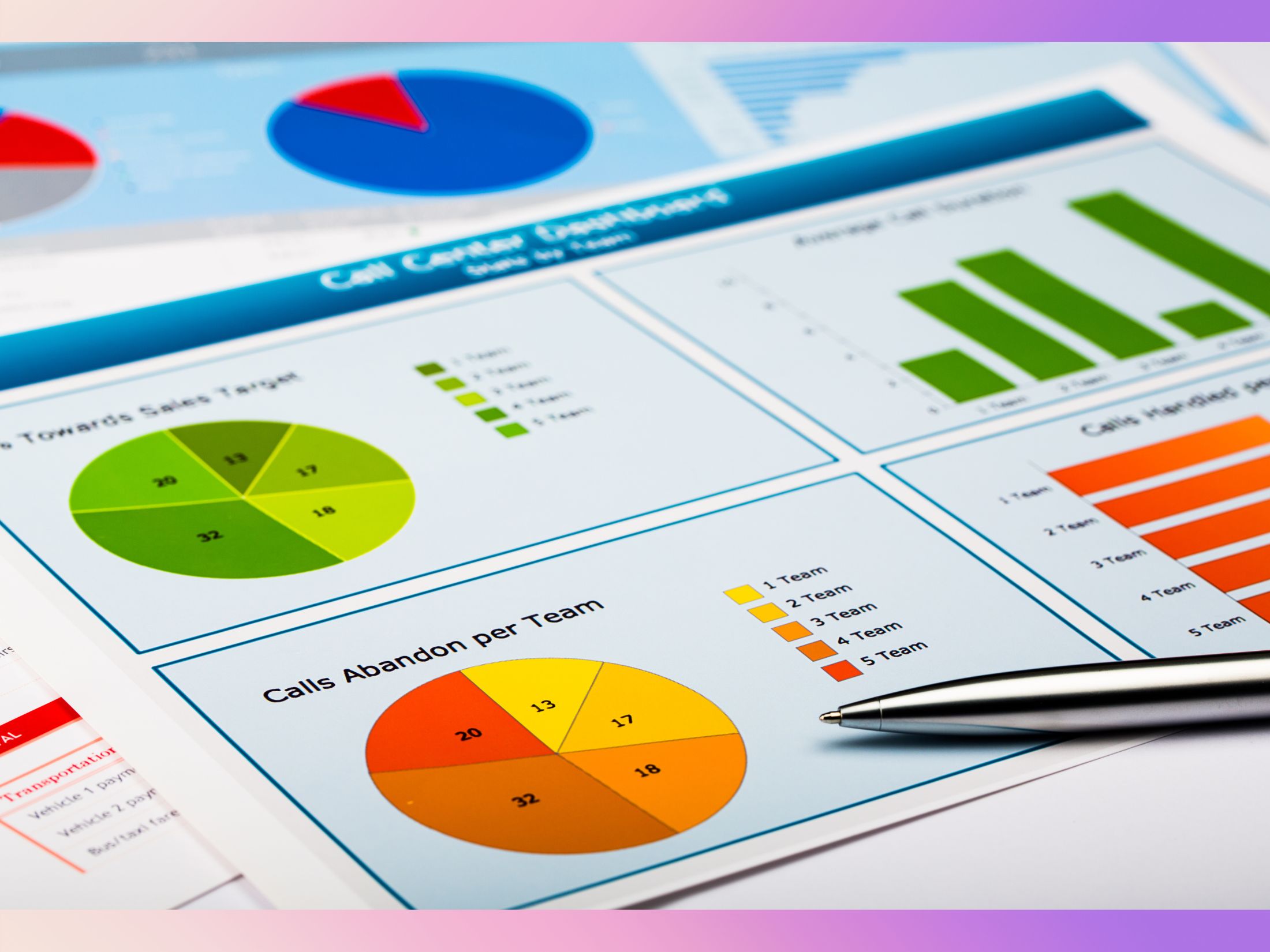In an era defined by data abundance, the ability to collect, store, and access vast amounts of information has become commonplace across industries and disciplines. However, simply amassing data is not enough to extract meaningful insights or drive informed decision-making. The true value lies in the thorough analysis of this data. In this article, we delve into the importance of analyzing data and why it should be a fundamental aspect of any organization's strategy.
Understanding Patterns and Trends
Data analysis serves as a powerful tool for uncovering patterns and trends hidden within the sea of information. By examining data sets over time or across different variables, analysts can identify correlations, anomalies, and recurring themes that might otherwise go unnoticed. These insights enable organizations to make predictions, anticipate market shifts, and adapt their strategies accordingly.
For instance, in the realm of retail, analyzing sales data can reveal seasonal trends, customer preferences, and product performance metrics. Armed with this knowledge, retailers can optimize inventory management, tailor marketing campaigns, and enhance the overall customer experience.
Driving Informed Decision-Making
In today's fast-paced business environment, decisions need to be made swiftly and accurately. Data analysis empowers decision-makers with the necessary information to assess risks, evaluate options, and chart the most viable course of action. Whether it's allocating resources, launching new products, or entering new markets, data-driven insights provide a solid foundation for strategic decision-making.
Consider the healthcare sector, where data analysis plays a critical role in improving patient outcomes and optimizing resource allocation. By analyzing patient data, medical professionals can identify trends in disease prevalence, assess the effectiveness of treatments, and implement targeted interventions to address emerging health concerns.
Identifying Opportunities and Challenges
Data analysis is not only about uncovering insights but also about identifying opportunities and challenges that lie ahead. By examining historical data and current market dynamics, organizations can spot emerging trends, anticipate customer needs, and stay ahead of the competition. Conversely, data analysis also helps organizations identify potential risks, such as market downturns, regulatory changes, or operational inefficiencies, allowing them to take proactive measures to mitigate these threats.
For example, in the financial sector, banks and investment firms rely heavily on data analysis to assess market conditions, evaluate investment opportunities, and manage risks. By analyzing economic indicators, market trends, and customer behavior, financial institutions can make informed decisions about asset allocation, portfolio diversification, and risk management strategies.
Enhancing Performance and Efficiency
Data analysis not only drives strategic decision-making but also enables organizations to improve their operational performance and efficiency. By analyzing processes, workflows, and performance metrics, organizations can identify bottlenecks, streamline operations, and enhance productivity. Whether it's optimizing supply chain logistics, improving manufacturing processes, or refining customer service operations, data-driven insights can lead to tangible improvements in efficiency and cost-effectiveness.
Take the example of manufacturing companies that leverage data analysis to optimize production schedules, minimize downtime, and reduce waste. By analyzing production data in real-time, manufacturers can identify inefficiencies, fine-tune production processes, and ensure that resources are utilized effectively, ultimately leading to higher productivity and profitability.
In an increasingly data-driven world, the ability to analyze data effectively is a key differentiator for organizations seeking to gain a competitive edge and drive innovation. By uncovering insights, informing decision-making, identifying opportunities and challenges, and enhancing performance and efficiency, data analysis has become an indispensable tool for businesses, governments, and institutions across sectors. As we continue to navigate the complexities of the digital age, the imperative of data analysis will only grow stronger, shaping the way we understand the world, make decisions, and drive progress.

